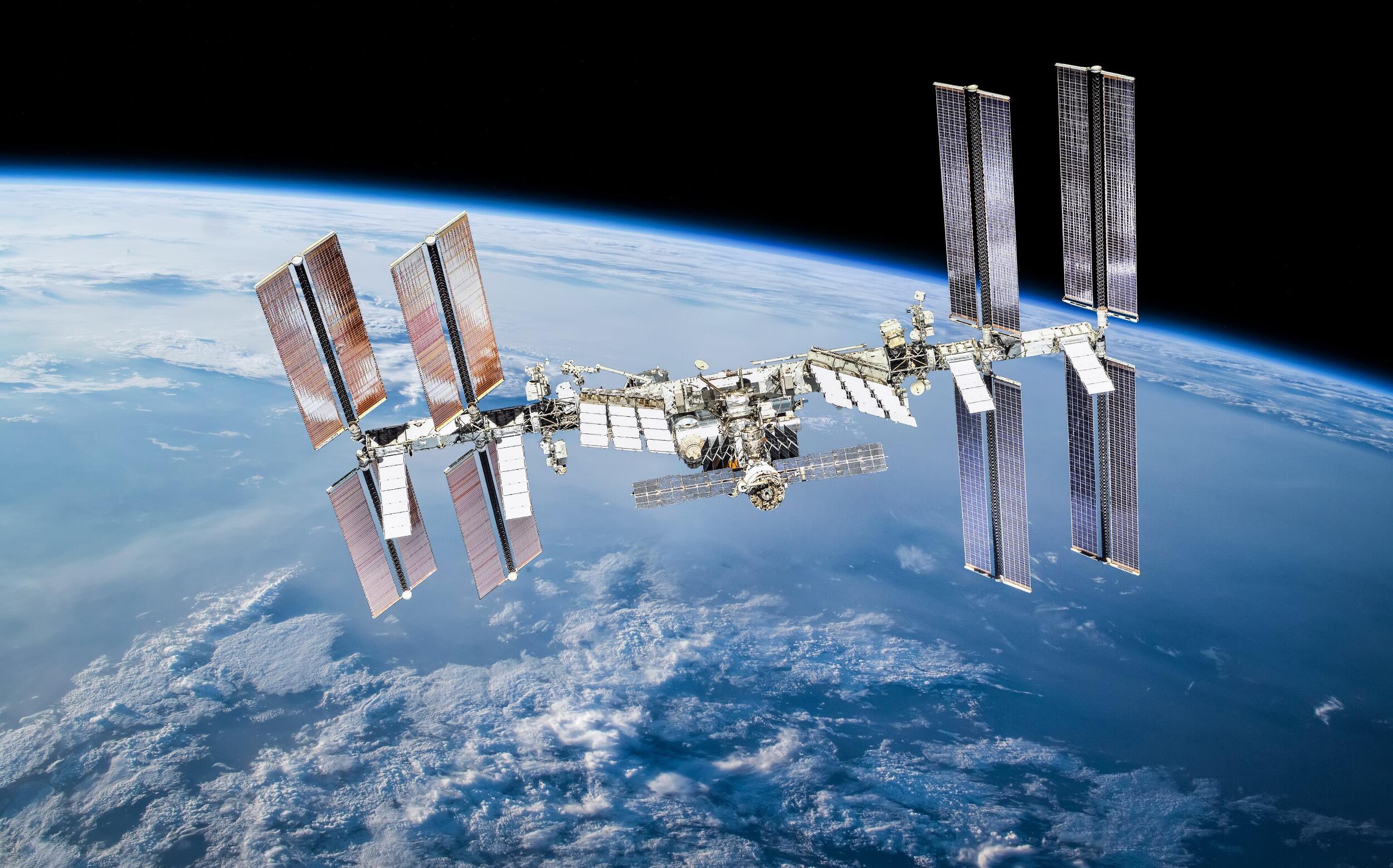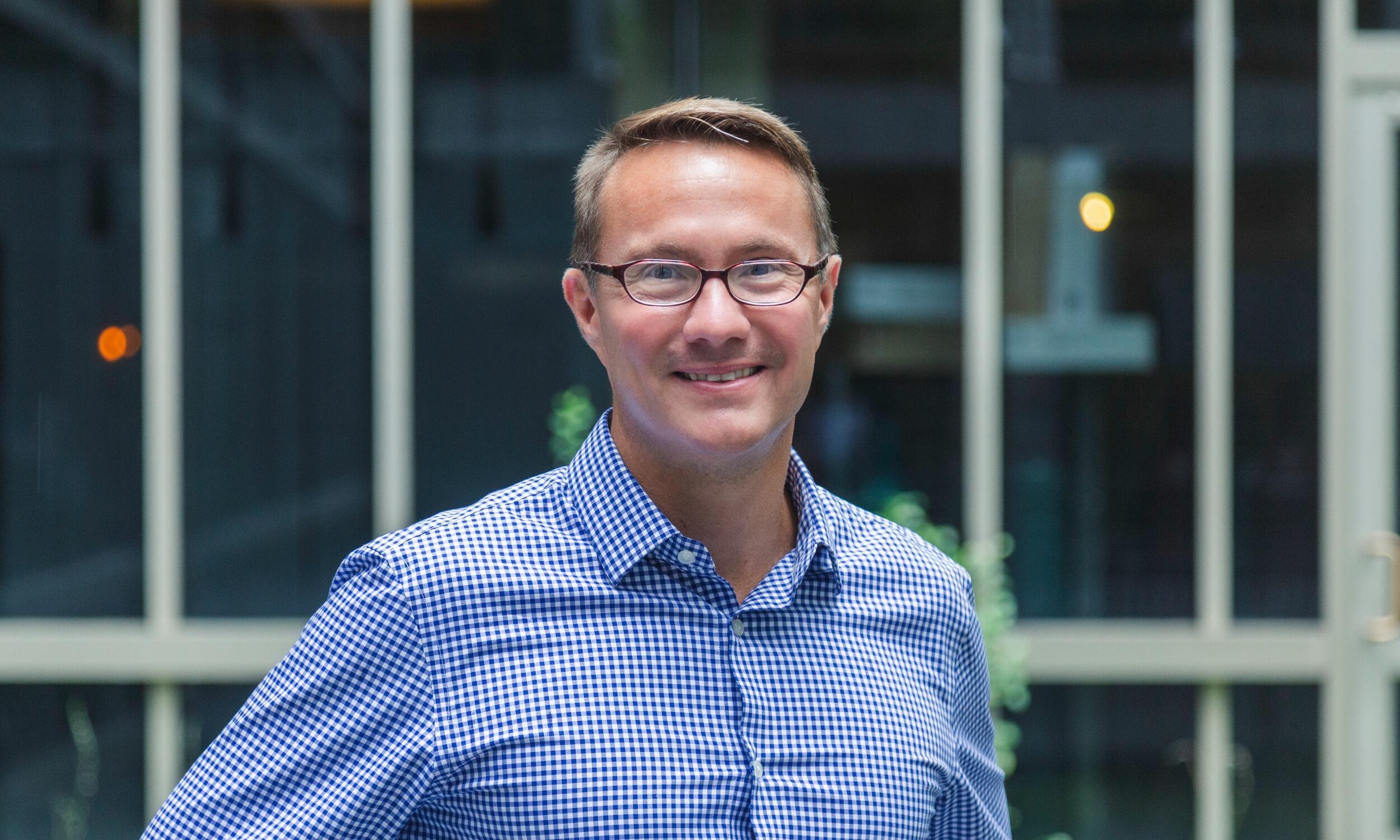
Feb. 18, 2022
Out of this world research: VCU engineering researcher sends experiments to International Space Station
Share this story
When the Antares rocket lifts off from NASA’s Wallops Flight Facility in Accomack County, Virginia, on Feb. 19, experiments from the Virginia Commonwealth University College of Engineering will be onboard.
James Ferri, Ph.D., a professor and associate chair in VCU’s Department of Chemical and Life Science Engineering, is part of an international team of researchers collaborating with NASA and the European Space Agency to send fluid science experiments to the International Space Station.
This research project is headquartered at the Glenn Research Center in Cleveland, Ohio, in collaboration with the European Space Agency’s Fluid Science Laboratory.
As part of this project, Ferri has been working since 2010 on formulations to improve the stability of emulsions. The ability to stabilize emulsions is essential to developing pharmaceuticals, agricultural chemicals and a world of consumer products.

An emulsion is formed by dispersing one liquid into another — think oil-and-vinegar salad dressing. Because their liquid components have different physical properties, emulsions tend to separate. More effective dispersion stabilizers, known as surfactants, are needed to keep emulsions mixed for longer periods.
The science team has selected surfactants, and the methodologies that will be used to test them over the course of four months aboard the space station. Outside Earth’s gravity, researchers can better study the chemical and physical principles that determine the stability of dispersed fluids.
In the microgravity of outer space, a carousel of formulations made of oil, water and surfactants will be subjected to light-scattering tests. Shining beams of light through the samples will allow the team to measure the rate of growth of individual droplets within the emulsions over time. These results will supply essential data to help assess the effectiveness of the new surfactants Ferri has prepared.
Later this year, data from the space station experiments will help generate better emulsion dynamics models for industrial applications. These models will be shared with industry and government agencies for use in developing safer, more stable and greener chemical formulations.
Subscribe to VCU News
Subscribe to VCU News at newsletter.vcu.edu and receive a selection of stories, videos, photos, news clips and event listings in your inbox.







